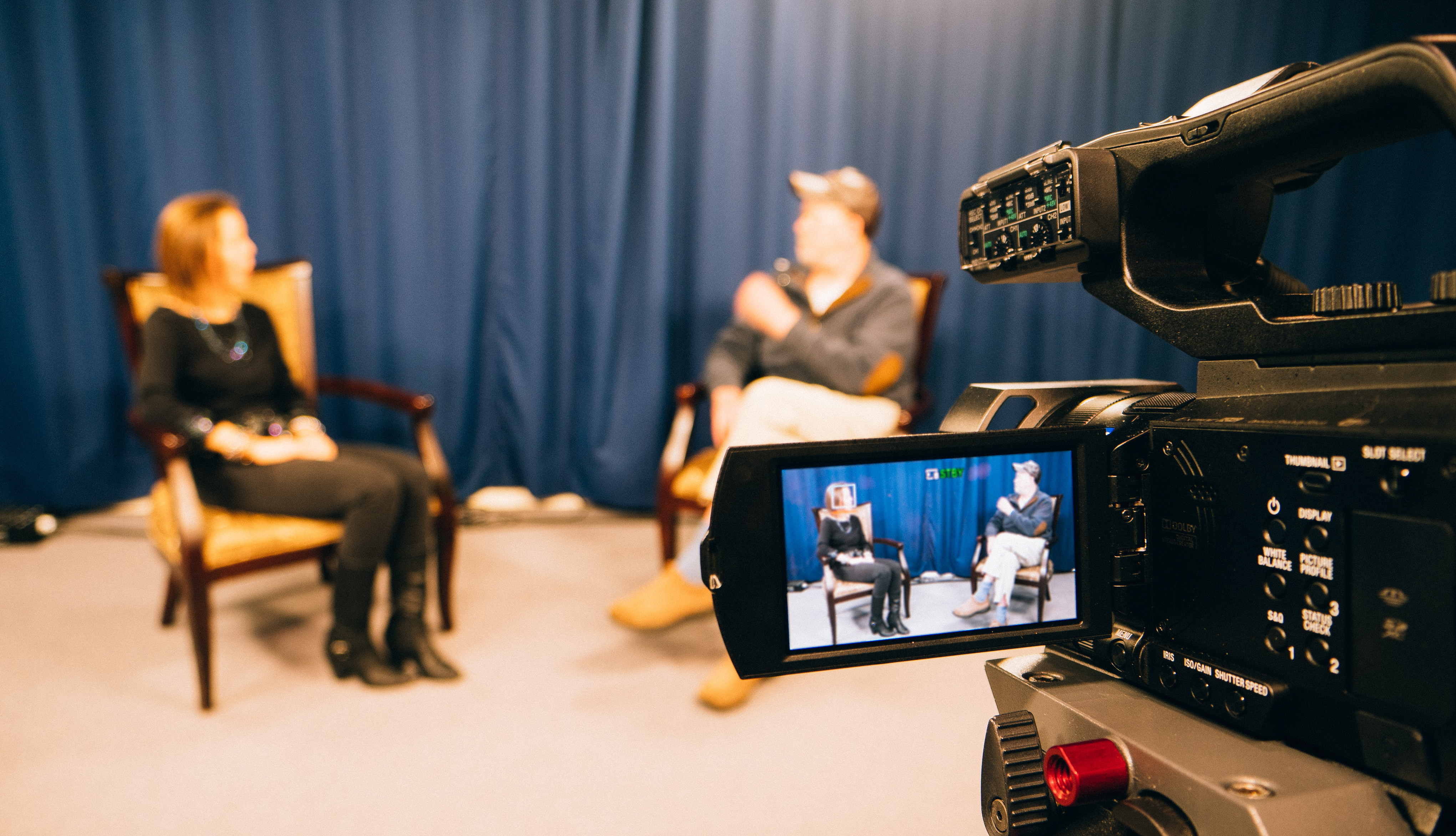October is Black History Month in the UK. Watch historian David Olusoga explain what he thinks black British history really is about.
Do the preparation task first. Then watch the video and do the exercises. Remember you can read the transcript at any time.
Modern workplace training. Learn how to get more work done, from anywhere on any device with Microsoft 365 and Windows 10. Discover how industry professionals leverage Microsoft 365 to communicate, collaborate, and improve productivity across the team and organization. HISTORY, a division of A+E Networks, is the premier destination for historical storytelling. From best-in-class documentary events, to a signature slate of industry leading nonfiction series.
- It took 200,000 years for our human population to reach 1 billion—and only 200 years to reach 7 billion. But growth has begun slowing, as women have fewer ba.
- Unlock the power of video and join over 200M professionals, teams, and organizations who use Vimeo to create, collaborate and communicate.
- A Brief History of Video Game Controllers. By Morgan Tremaine. May 21 2020. 6:45 AM. Created with Sketch. Created with Sketch. Created with Sketch. Created with Sketch.

Black British history has meant lots of different things at different times. It tends to mean the story of black people in Britain, but I think it means something much bigger than that.
I think it's Britain's relationship with Africa and Africans, both here in Britain, in the Caribbean and in North America, and also in Africa itself. And the reason I think it's important is because these are the stories and this is the history that explains why Britain looks the way it does today, why the faces that you see when you walk through the streets of our cities are so varied.
The African story, the story of black people, is part of that complicated mix that's created the country we are today. The great Jamaican British philosopher and academic Stuart Hall once said, 'We are here, because you were there.' These are the stories that make sense of why there were people like me in Britain, black British people. But it's also a story that's been edited out, in lots of ways, of British history.
For example, when we talk about the Industrial Revolution, we often talk about the way the factories and the mills worked. We learned about spinning jennies and water frames and Factories Act and child labour. We go, many of us, as children, to heritage sites where we have explained to us how those mills work. But there's one bit of the story of the Industrial Revolution that we rarely talk about, which is that the four and a half thousand mills of Lancashire and southern Scotland that are at the heart of the Industrial Revolution, producing cotton clothing, which was Britain's biggest export, employing directly or indirectly maybe one in five people in the 1850s, the cotton in those four and a half thousand mills comes from North America and it's produced by 1.8 million African Americans, who are living lives as slaves.
We can't tell an honest, wholehearted, full-blooded history of the Industrial Revolution unless we tell the story of where the raw materials in the mills came from, and we've got in the habit of not doing that. We've got in the habit of telling partial histories that miss out the bits of our history that explain and show how our interaction with Africa and Africans have been repeatedly central to the British story.
There's the story of the Atlantic slave trade in the 17th, 18th century. There's the story of American slavery of cotton in the 19th century. There's the story of the Scramble for Africa in the 1870s, 1880s and 1890s. Time and again, over and over again, the story of Africa and Africans has been very central to British history.
So black British history isn't a marginal subject that is only about and only of interest to black people. It is British history. It's at the centre of our story and, most importantly of all, it's a shared history. It's a story of interaction and it's a story that belongs to all of us.
Video Tutorialsmac's History Timeline
Task 1
Task 2

Discussion

Video Tutorialsmac's History Youtube

Video Tutorialsmac's History Channel
Language level
- Log in or register to post comments
